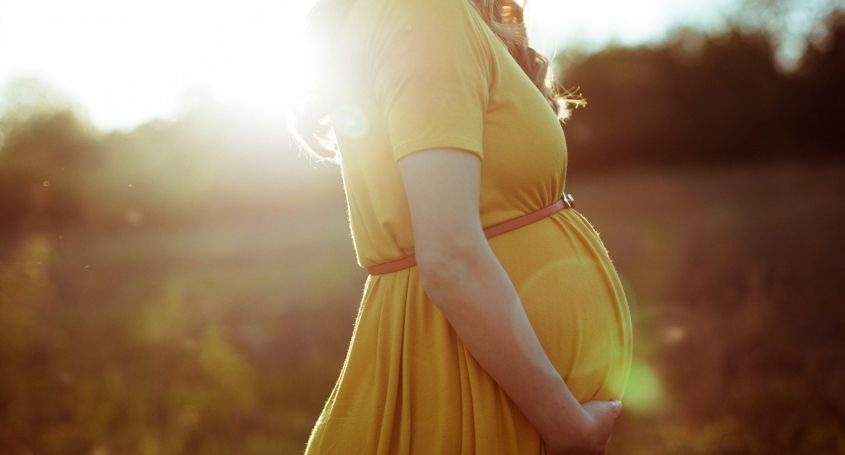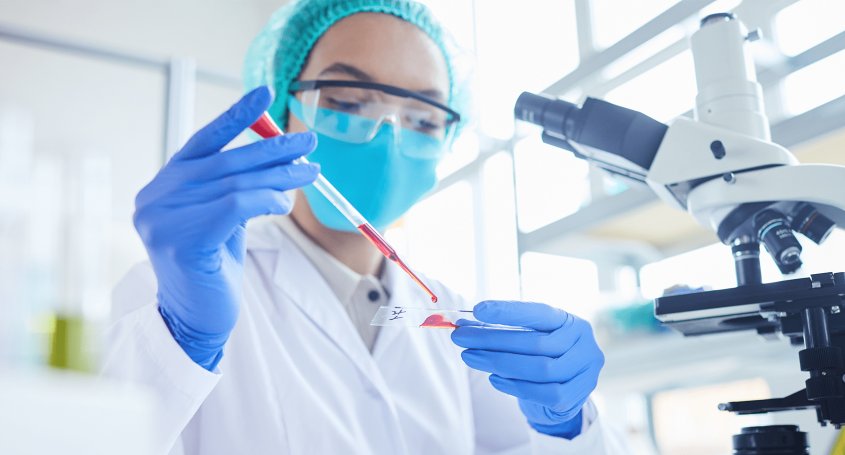What is ovary reserve?
The ovarian reserve is a term that indicates the number of eggs containing a woman's ovaries. This reservation is not unlimited, but it remains stable until the age of 35. From this age it gradually decreases over time. In some women this loss is faster than in others, so it is important to always analyze the ovarian reserve of each woman - we can find women over 40 years old with a normal ovarian reserve, or younger women with a low ovarian reserve.
How is it measured?
Tests that have a higher predictive value are the study of anthral follicles and the realization of a hormonal profile.
Study of antral follicles: It consists of an ultrasound scan at the beginning of the cycle in which a count of the number of follicles that we find in the ovaries with a size between 2 and 9 mm is made. If 8 or more are observed, it is usually indicative of a good ovarian reserve. The more antral follicles we observe, the better ovarian reserve can be expected.
Hormonal profile: Hormones such as antimüllerian (AMH), follicle-stimulating hormone (FSH), luteinizing hormone (LH) and estradiol are studied. These hormones are indicadotors of ovarian reserve.
The test results are indicative, and it is important to analyze them together with the patient's medical history. The most reliable way of knowing the ovarian reserve is by subjecting the ovaries to hormonal stimulation.
I have low ovarian reserve; Can I get pregnant naturally? And with an assisted reproduction treatment?
With a low ovarian reserve, the chances of natural pregnancy are decreased, but that does not mean that it cannot be achieved. For this reason, it is important to study each case individually. Regarding assisted reproduction, the pregnancy rate does not necessarily decrease. There are women who respond less to stimulation, but who will produce good quality eggs.
Does it have a solution?
Although there is currently no technique that allows to improve a confirmed low ovarian reserve, assisted reproduction offers possibilities for you to get pregnant. Some options to achieve this goal are In vitro fertilization and Egg donation.
At Barcelona IVF we have more than 10 years of experience and an outstanding professional career, so do not hesitate to contact us. We offer diagnostic studies, such as ovarian reserve, as well as treatments to achieve a common goal: your family project. And we accompany you at all times!















